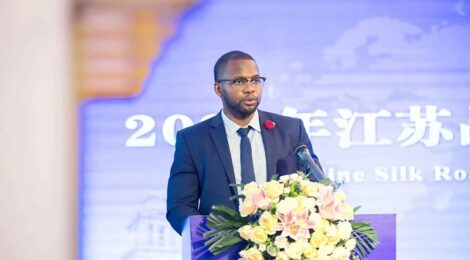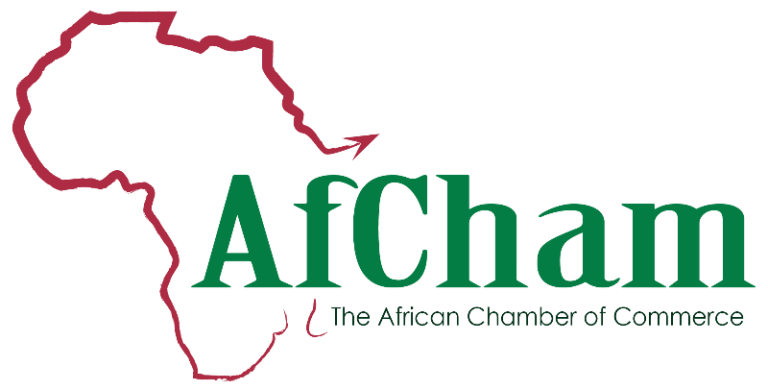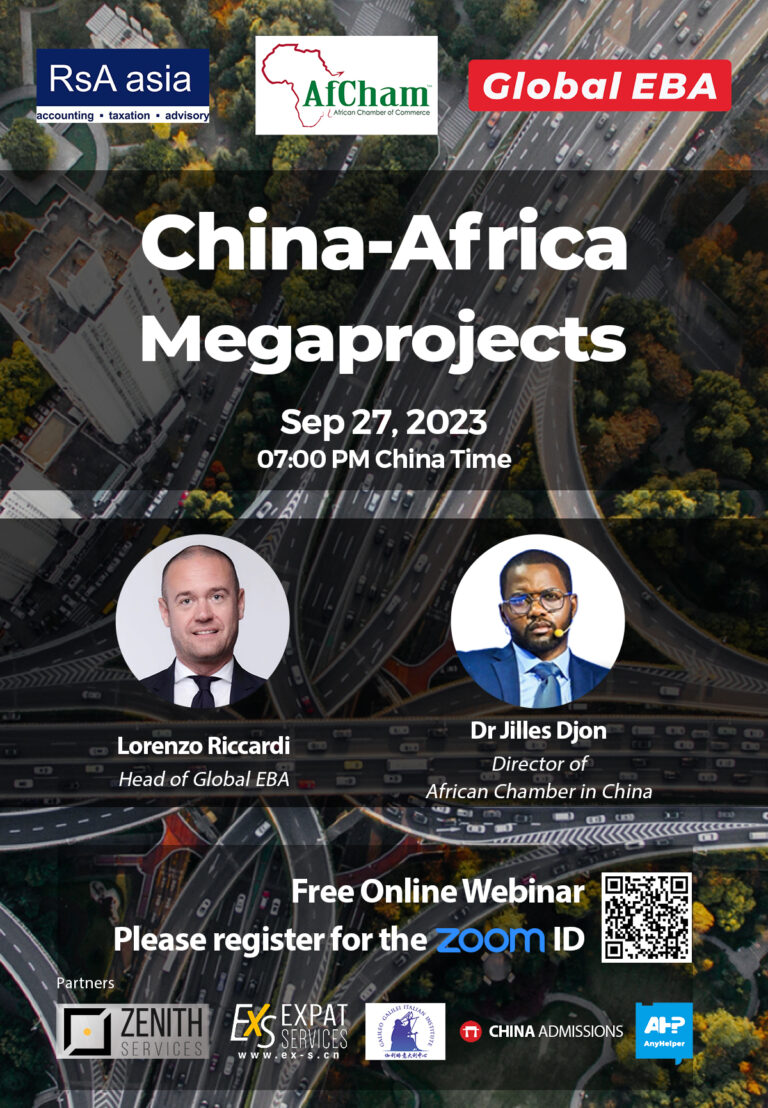
Galilei Circle of Friends – Interview with Jilles Djon

Dr Jilles Djon is the Executive Manager of the African Chamber of Commerce in China (AFCHAM). AFCHAM is currently boating 540 members in China and abroad and covering 42 African Countries.
As the Executive Manager, he is personally involved in promoting the Energy Transition and the automatization of the agro processing industry in Africa. Over the past 10 years, he has accompanied international companies relocating to Africa ‘s Free trade zones.
Jilles Djon hold a PhD in Social Economics and a master’s degree in international business administration and Strategies from Paris Sorbonne and an MBA in International Business from ISEE Paris Business School.

1. INTRODUCTION – Personal relationship with China
How did your experience with China begin? Was it a casual meeting, related to your work, for pleasure?
It began as part of a student exchange program. In the early 2000s, China was still considered as an emerging market for experienced business people and our business school was one of the few ones specialized in the Chinese market. It gave us the tools needed to better understand Chinese Culture and communicate (6-hour mandarin class per week) better with our Chinese classmates and co-workers.
 2. BUSINESS in China and with China
2. BUSINESS in China and with China
How has China changed compared to its early years from a business perspective in your specific sector?
Geopolitics play an important role in my line of work and the past ten years have seen many changes on the geopolitical arena. We went from a bullish market [The Chinese government encouraging thousands of their companies to relocate to Africa in order to benefit from the massive pledge of USD 60 billions made by President Xi during the forum of China Africa cooperation in 2015 ] to a bearish and more conservative market with China’s FDI in Africa being at lowest level of the past two decades.
Tell us about your experience at the Africa chamber of commerce in China. What is your role and what are the main results you have achieved over the years?
My experience at the African Chamber of Commerce has been full of eye-opening adventures and lessons. It allowed me to discover so many places and cultures in Africa (40 countries) and to meet up with so many impactful people from around the world. It is as if I have accumulated 50 years of experience in 10 years . The African Chamber of Commerce was created in 2014 with the main goal to promote a healthy business environment in China for African companies and also to establish a platform for sharing market information, best practices and for meeting potential African and Chinese business partners. Over the years we have been involved in promoting industrial parks in Africa (Ethiopia, Kenya , Nigeria) by helping foreign companies relocate to Africa. We have helped governments in Africa to negotiate better commercial terms with Chinese authorities. On a social perspective, since 2015 we have been organizing job fairs in China to help African students find jobs in Chinese Companies with business interests in Africa as part of our AFCHAM Youth Empowerment Program.
We also use our close relationship with over 457 Chinese members to get involved in charitable works in Africa. We have helped build schools in South Africa, donate bags and books in Burkina Faso , and solar powered lamps in Somalia.
As the leading pan African organization in Asia, we also support the promotion of African arts and cultures during our yearly gala.
Have you noticed any changes in recent years compared to your arrival from a work point of view? If so, what were the most significant? Unfortunately, the most significant changes are generated by the immigration policy that drove many foreign talents out of China. The feeling of a country that is going inward. I remember back in the early 2000, when you could apply for a visa at 9am and get a positive response at 2pm.

3. GOING EAST – Why does being in China make sense for an African company?
Why does it still make sense to focus on the Chinese market for an African company and what are the opportunities in particular in the part of the country where you operate?
China is currently migrating from an industrial-based economy to a more service-oriented economy and this is an opportunity for many African countries to benefit from a potential transfer of technology (equipment , training , R&D…). And one of the most efficient and productive ways to implement these policies is by facilitating partnerships between Chinese companies and African Companies.
Are you already present in Chongqing or in the Chengdu-Chongqing economic circle?
Not yet , but we plan to develop and expand our business circle beyond the first tier cities and the Chengdu-Chongqing region currently represents one of the , if not the most dynamic regions in Mainland China.
Interview by Marco Bonaglia



